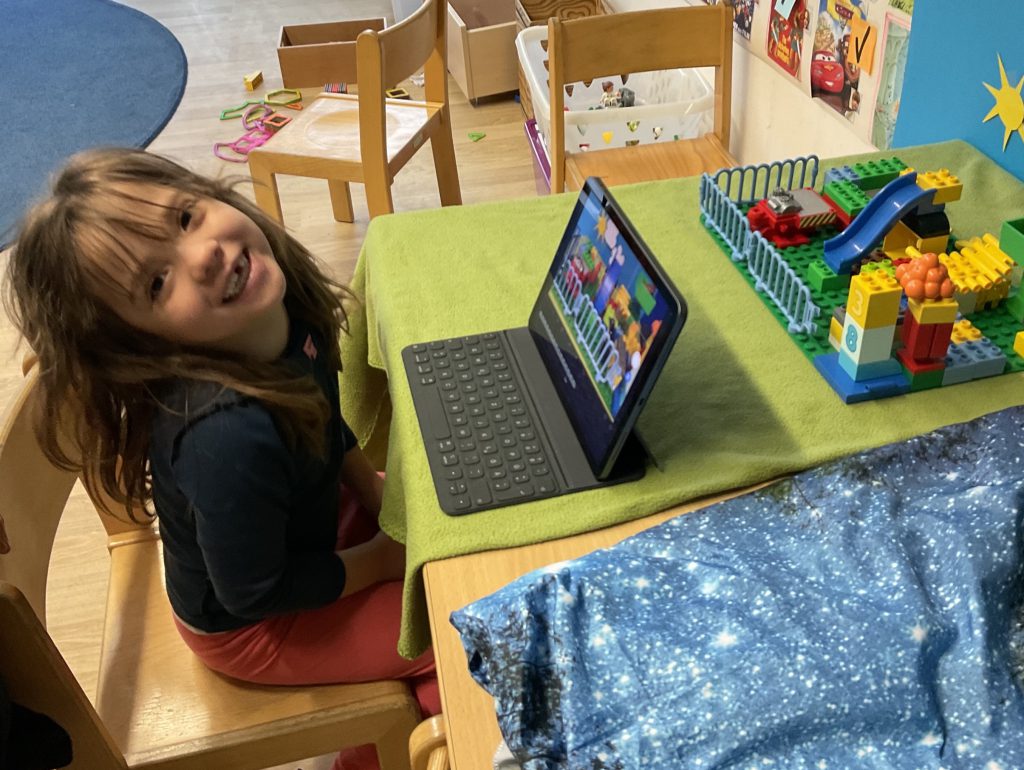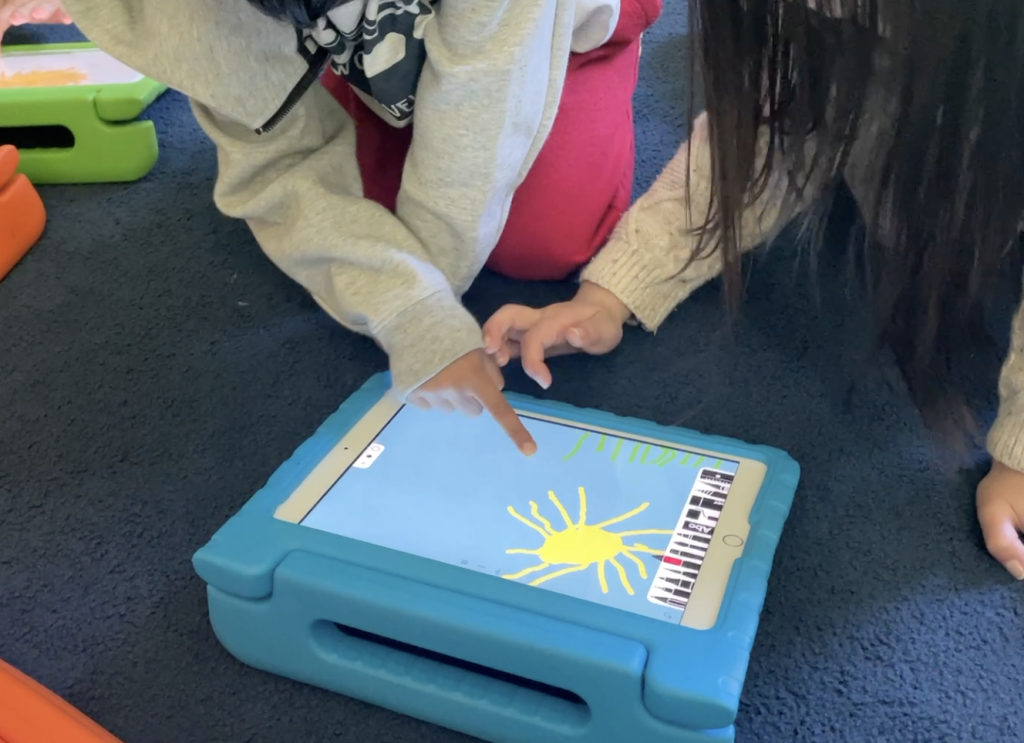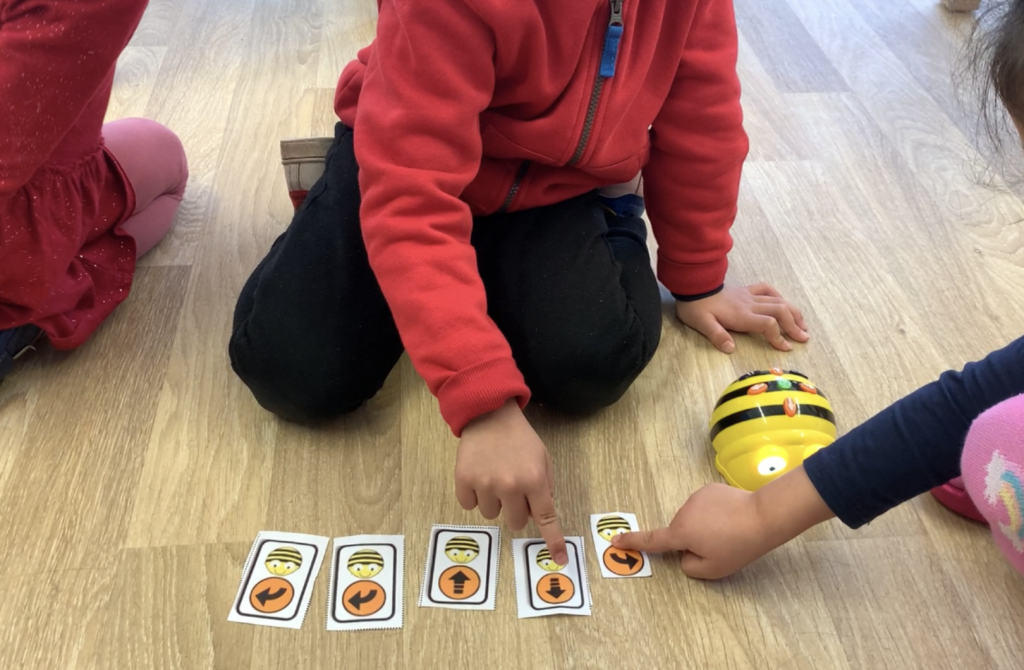Introduction
The rise in digital media consumption among children has highlighted the need for integrating digital education into early childhood learning environments. The Kämmer International Bilingual School (KIBS) aims to address this need by developing a comprehensive digital education concept for its kindergarten, focusing on harnessing children’s natural interest in digital media to support individual learning and development.
Pedagogical Framework
KIBS integrates digital tools like iPads and Smartboards into its pedagogical approach, complementing traditional learning methods. The use of digital media is designed to be flexible, guided by the Lower Saxony orientation plan for education, which provides recommendations without binding specifications. This flexibility allows KIBS to tailor its digital education strategies to the unique needs of its students.
Competency Levels
The KIBS digital education concept provides for three stages of skills acquisition in four key areas:
- Social-communicative competence
- Information literacy
- Production competence
- Reflective skills
Implementation and Daily Integration
The integration of digital media is not based on fixed “screen time” but is organically embedded into daily activities. Devices like iPads are used to enhance traditional learning, ensuring a balanced educational experience tailored to each child’s pace and interests.
Technological Infrastructure and Staff Training
KIBS strives to provide state-of-the-art technological resources. Each employee is equipped with an iPad, allowing for efficient management and spontaneous educational activities. Our kindergarten is equipped with various digital tools such as digital microscopes, interactive smart boards, Apple TVs, iPad classroom trolley, microphones, lights and a variety of learning software.
Collaborative and Creative Learning
Digital tools such as programmable robots (Bee-Bots, Ozobots) foster early programming skills and logical thinking, blending digital and analog methods. Interactive Smartboards facilitate group collaboration, promoting essential skills like communication, cooperation, and problem-solving.
Parental Involvement and Continuous Evaluation
A learning platform allows for collaboration between home and school, enabling parents to engage
with their children’s digital portfolios. The digital education concept is continually evaluated to
ensure it meets the evolving needs of students, with feedback from staff, parents, and students
guiding improvements.
Conclusion
KIBS is committed to fostering digital literacy while maintaining traditional educational values. By
balancing digital and analog practices, KIBS ensures a comprehensive and enriching early
childhood education. Our innovative, flexible, and inclusive model prepares children for a
technologically advanced society, developing well-rounded individuals ready to thrive in the digital
age.


